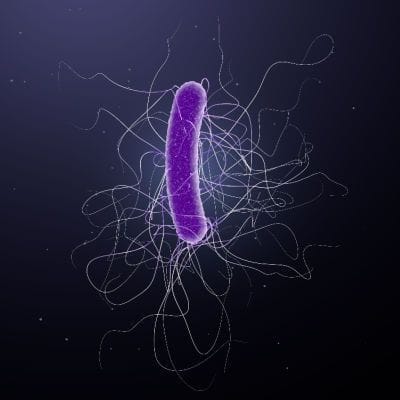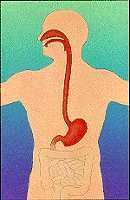 OVERVIEW
OVERVIEW
Clostridium difficile is a bacteria that can cause inflammation and the formation of ulcers in your large intestine, a condition that's medically known as ulcerative colitis. It may also be referred to as C. diff or C. difficile
What are the Causes of Clostridium Difficile Infection?
C. difficile bacteria are all around us—they're present in the water, soil, air, and feces of both animals and humans. You may have C. difficile already in your gut and never have any symptoms of the disease.
The most common cause of C. difficile is antibiotic usage. Antibiotics to treat an infection end up killing not just the "bad" bacteria in your gut but some "good" bacteria as well—beneficial bacteria that help protect against infection.
As a result, harmful bacteria like C. difficile have a chance to proliferate, causing illness, which, if left untreated, may become life-threatening.
Other risk factors that can cause a C. difficile infection include:
- Not washing your hands after coming into contact with infected surfaces
- Inflammatory bowel disease
- Weakened immune system
- Longterm patients in hospitals or nursing homes
- Age—the risk of getting C. difficile increases after 50
What are the Symptoms of Clostridium Difficile Infection?
Symptoms of C. difficile can range in severity from mild to severe. Common symptoms include:
- Watery diarrhea multiple times a day for several days
- Abdominal pain and tenderness
More severe C. difficile infections can also experience the following symptoms
- Blood or pus in the stool
- Diarrhea more than ten times a day
- Fever
- Nausea
- Weight loss
- Appetite loss
- Dehydration
- Rapid heart rate
- Sepsis
Treatment for Clostridium Difficile Infection is Safe When Performed by a Board-Certified Gastroenterologist
Treatment for C. difficile depends on the severity of your symptoms. Common treatments include:
- Fecal microbiota transplant (FMT)
Your gastroenterologist may recommend re-populating your intestines with beneficial strains of bacteria, especially if you have recurring C. difficile infections. - Antibiotics that specifically target C. difficile
This includes antibiotics such as fidaxomicin, metronidazole, and vancomycin.
Disclaimer:
The information on this website is provided for educational and information purposes only and is not medical advice. Always consult with a licensed medical provider and follow their recommendations regardless of what you read on this website. If you think you are having a medical emergency, dial 911 or go to the nearest emergency room. Links to other third-party websites are provided for your convenience only. If you decide to access any of the third-party websites, you do so entirely at your own risk and subject to the terms of use for those websites. Neither Arnon Lambroza, M.D., P.C., nor any contributor to this website, makes any representation, express or implied, regarding the information provided on this website or any information you may access on a third-party website using a link. Use of this website does not establish a doctor-patient relationship. If you would like to request an appointment with a health care provider, please call our office at 212-517-7570.

 OVERVIEW
OVERVIEW
